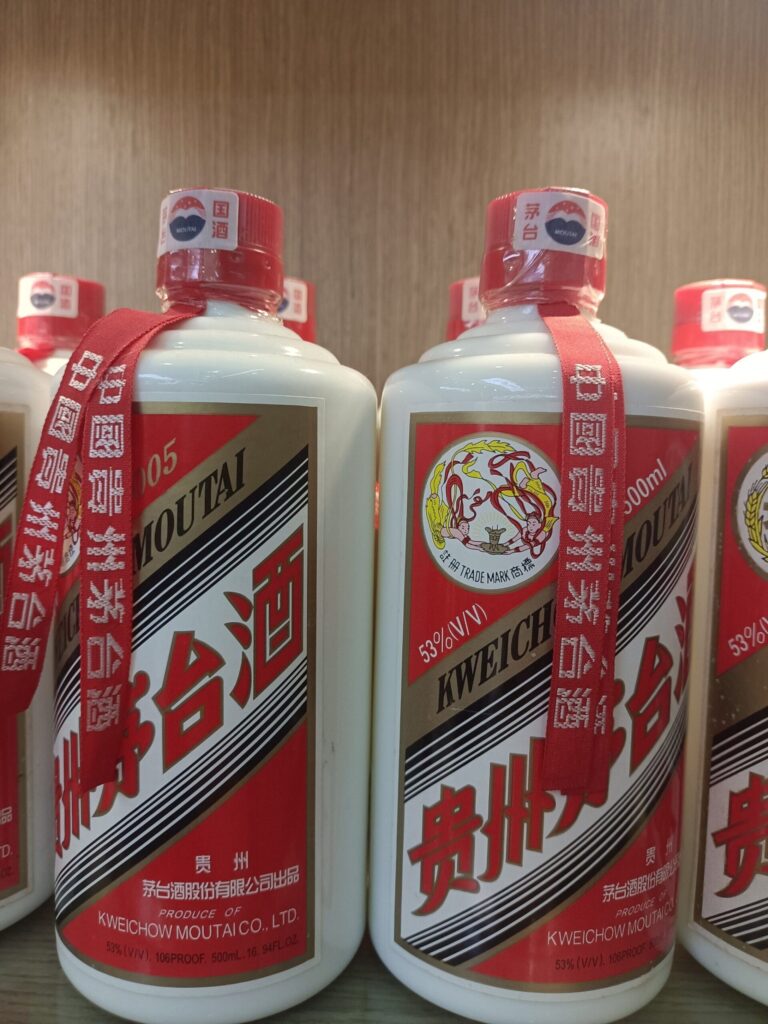Moutai’s Price Shock: Why China’s Drinking Culture is Dying (And What It Means for Europe)

Moutai’s Price Collapse: A Sobering Look at the End of an Era in China
The unthinkable is happening in China. The price of Kweichow Moutai, the fiery spirit that has long served as the ultimate status symbol and social lubricant, is in freefall. Bottles that fetched over 3,000 RMB just a few years ago are now struggling to stay above 1,800 RMB. For European observers, particularly in the luxury goods sector, this isn’t just a story about a liquor brand; it’s a critical barometer of a profound societal transformation.
While official reports point to economic headwinds and an oversupply from e-commerce promotions, these are merely symptoms. The real story, the one that should concern any business with exposure to the Chinese market, is that the very reasons for Moutai’s existence are evaporating.
The Real Reasons Behind the Decline
1. The Death of the ‘Guanxi’ Economy
For decades, business in China ran on guanxi—relationships. Deals were sealed not in boardrooms but over lavish banquets flowing with Moutai. The liquor was the price of admission, a tool to build trust and obligation.
However, that era is ending. The new Chinese economy is brutally competitive and value-driven. As one Chinese analyst put it, “Drinking can no longer solve problems.” Businesses now succeed based on the tangible value of their products and services, not on who they shared a bottle with. From a European perspective, this shift is monumental. The ‘relationship-based’ model that many Western businesses struggled to navigate is giving way to a more transactional, merit-based system. Moutai, the lubricant of that old system, has become a costly relic.
2. A New Generation’s Rebellion Against the ‘Obedience Test’
Even more fundamentally, the younger generation is refusing to play the game. Traditional Chinese drinking culture was often an “obedience test,” where a subordinate was expected to drink whatever a superior commanded, proving their loyalty.
Today’s youth, the post-2000s generation, see this not as respect but as an abusive and outdated ritual. They are asking a simple, powerful question: “Why should I?”
A Glimpse from the Front Lines: A Transition in the Automotive Industry
Of course, this transformation isn’t uniform across all sectors. As a market analyst embedded in China’s automotive industry, I witness this transition playing out in real-time. In this more traditional, relationship-heavy industry, Moutai has not vanished completely.
At a recent business dinner, the scene was telling. The company’s CEO, a man of the older generation, was drinking Moutai by the bottle. Beside him, his CTO, who admittedly couldn’t handle strong liquor, was casually drinking red wine. The CEO looked over and remarked with a sigh, “It wasn’t like this in the old days.”
That single comment was more insightful than any market data report. It was an admission of a changing reality. The fact that a CTO could opt for wine in the presence of his Moutai-drinking boss signals the collapse of the absolute “obedience test.” It has become optional, a choice rather than a command. This is not a contradiction of the trend; it is the most vivid proof of it happening right before our eyes.
What This Means for Europe
The collapse of Moutai’s price is a clear signal that the Chinese consumer landscape is changing in fundamental ways.
- Shift in Luxury Consumption: The decline of “gift-giving” and business-related luxury consumption will impact European brands that have relied on this channel.
- Rise of Individualism: The values of China’s youth are aligning more closely with those of their Western counterparts. Brands that appeal to personal expression and choice will have an edge.
- Business Model Adaptation: Companies operating in China must recognize that the old rules of guanxi are fading, even in traditional industries. A focus on product excellence and transparent value is now critical.
Moutai’s hangover is a warning. The ground is shifting under one of the world’s most important economies. Those who fail to understand this cultural earthquake risk being left behind.
My AI Jazz Project: